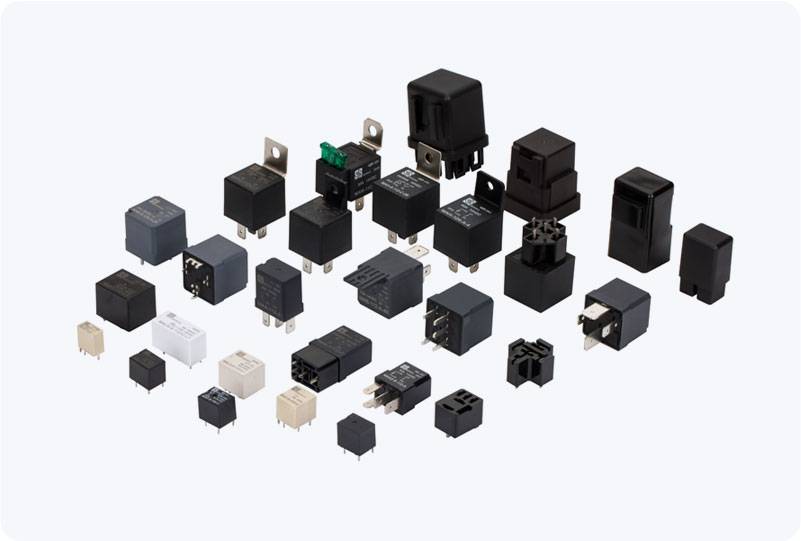In any electrical system, safety is paramount, and one of the most critical safety mechanisms is a Ground Fault Relay (GFR). This protective device plays a crucial role in detecting and mitigating the risk of electrical faults that occur when there is unintended contact between a live conductor and the earth or ground. Ground fault conditions can be hazardous, leading to equipment damage, fire hazards, and even electrical shock risks. The Ground Fault Relay is designed to respond promptly to such situations, ensuring that the electrical system remains safe and functional.

What is a Ground Fault Relay? A Ground Fault Relay is a type of protective relay used in electrical power systems to detect and isolate faults that involve a direct connection between an electrical conductor and the ground. The relay’s main job is to monitor the current flowing through a system and identify any imbalance caused by ground faults. When a fault is detected, the relay acts by triggering a circuit breaker or an isolator to disconnect the faulty section of the circuit. This rapid response prevents further damage to the electrical components, as well as mitigating any safety risks to personnel.
Leave a Reply